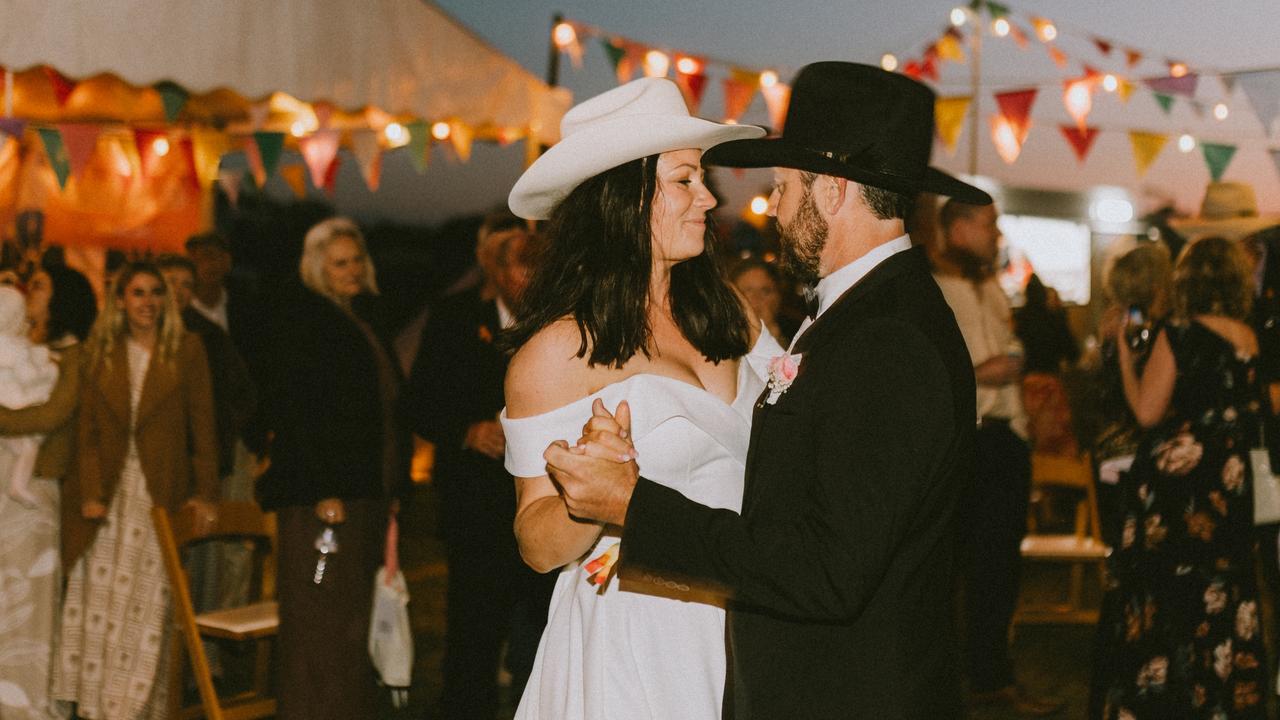Inside the life of an Adelaide stripper: What it’s like working in the adult entertainment industry
Tiffany works in an industry famous for exploiting female sexuality. But she says strippers are far from sexual objects. She speaks about breaking the stigma – and finding her own power.

Lifestyle
Don't miss out on the headlines from Lifestyle. Followed categories will be added to My News.
While working in an industry infamous for exploiting female sexuality, a young Adelaide woman has reclaimed her power by following an unconventional career path – stripping.
Tiffany* started off as a pole dancer, before stumbling upon stripping through social connections at her pole dancing studio.
Now working as an exotic dancer at a city club, she remembers why she has never looked back after her first gig.
“I always wanted to pursue dancing, I just didn’t know what kind of style, so I started off as a pole dancer then after a couple of years, I gravitated towards stripping,” she said.
“I fell in love with the art, the lifestyle, the performing and the women empowerment side of it.
“It wasn’t just about performing; it was about the adrenaline rush, entertaining and connecting with people.”
At first, Tiffany was fearful her choice to become a stripper would strain the relationship between family and friends.
Because of her cultural background, she said she felt more pressure to follow a conventional career path.
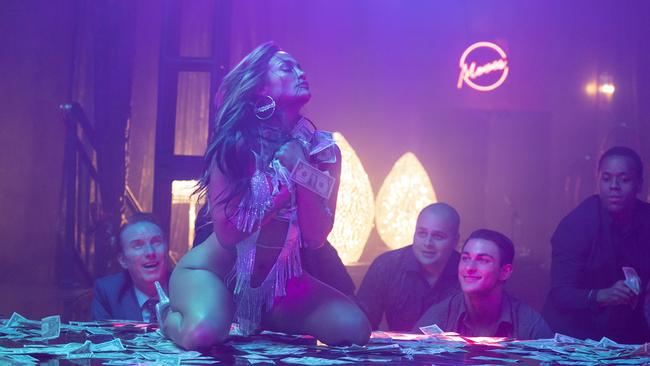
But, after finding the courage to tell her family, her parents overcame their preconceived ideas of the industry and gave her their full support.
“I didn’t tell them for the first four months, because I loved doing it and wanted to keep it to myself,” Tiffany said.
“I eventually told my mum, but it was really hard. I kept asking her ‘do you still love me’, and she always said ‘of course I do’.
“My dad eventually found out too and they were actually quite supportive.”
Tiffany remembers her first gig being nerve-racking, but she quickly realised that showing her bubbly, authentic personality was a vital part of the craft – which ultimately got her out of her comfort zone.
“It was kind of like the movie Hustlers where you show up to a room full of people, and everyone’s naked or getting dressed,” she said.
“It was scary and intimidating but exciting at the same time. I just started putting myself out there and after a while my self-esteem and confidence boosted.”
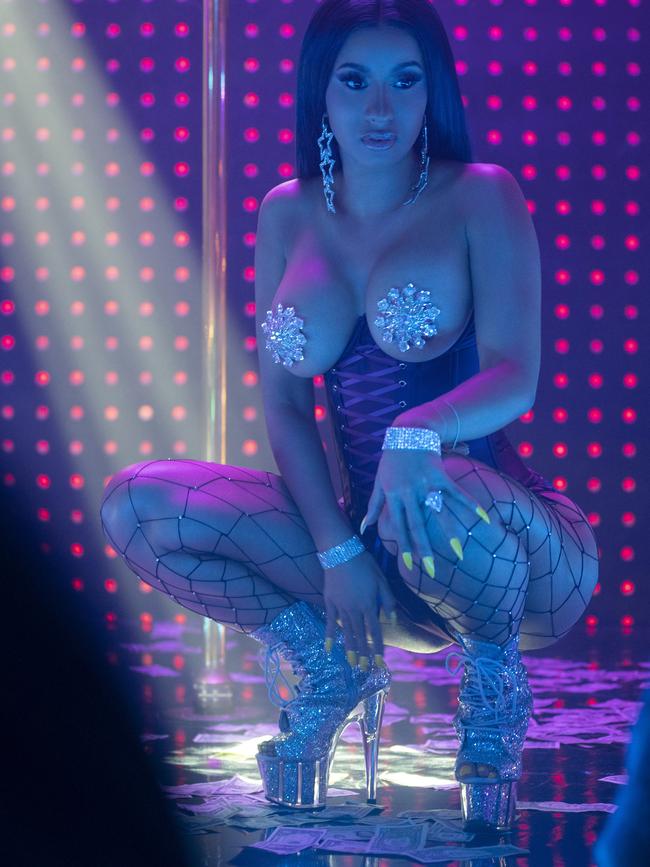
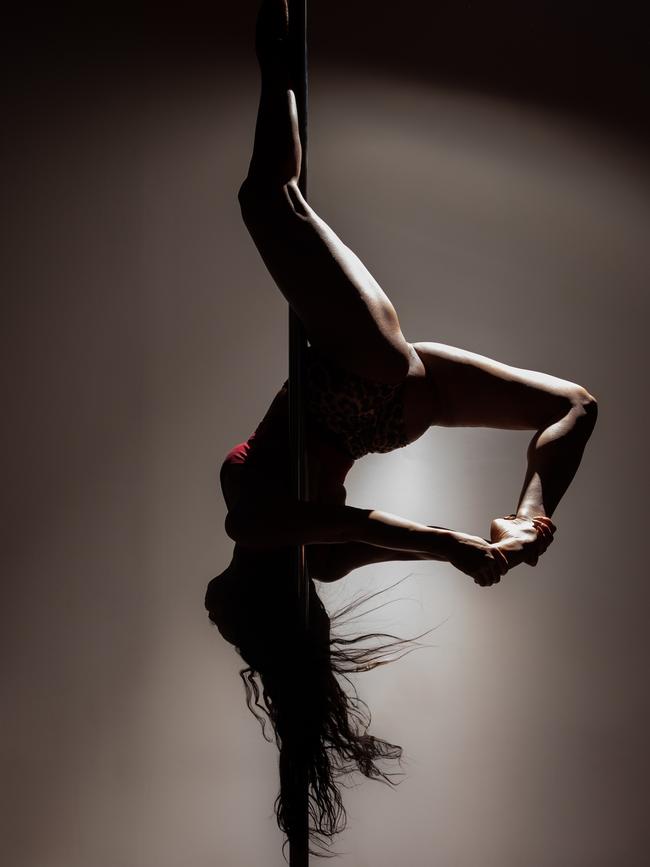
In the early days, Tiffany said she had concerns about whether she would feel safe in the club environment.
“There was a guy that tried to touch me aggressively on my private area,” she said. “It was a bit scary and after the private (session) ended, I felt unsafe about it all and that changed my perspective.”
Tiffany learned to protect herself while security was not around, but those fears were relieved when she realised she was protected by the club policies.
“This job helped me with putting up boundaries, learning to say no and putting my foot down.” she said.
“That’s one of the reasons I loved it more and more, it taught me things like saying ‘no’ and how to protect myself,” she said.
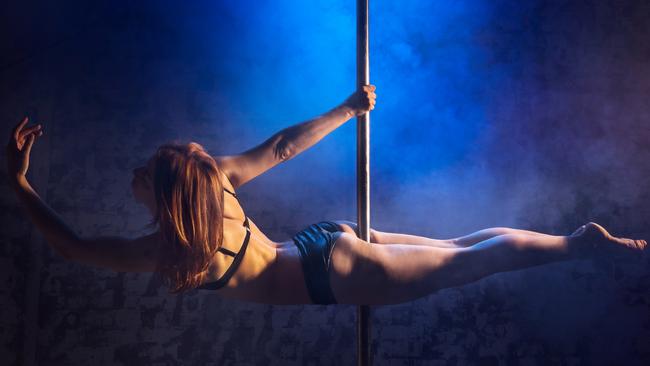
To ensure worker safety, the club imposes strict security measures from when the women first arrive to when they go home.
“We have a no touching policy for patrons, the security is always there and they watch us when we leave the club to go home.” Tiffany said.
Tiffany says while the industry can be glamorised as high-earning and has provided her opportunities to invest and travel, her income can often be inconsistent.
“We have to pay a ‘house fee’ – basically you pay to be there. For us it’s a $50 house fee, but we get a free drink.
“There’s a misconception that we make a lot of money – more money than the average job, but that’s not always true,” she said.
“We don’t make a lot of money every night. We have a lot of customers who think that we make like 10 grand a week.”
According to PayScale, exotic dancers in Australia are expected to earn an average hourly base rate of $44.42, or about $73,000 a year.
“We don’t make the same amount every night, sometimes I’ve gone home with no money and there are nights I’ve made up for the bad days,” Tiffany said.
“I’ve made anywhere between zero to $1900 in a night, but the average is around $800. It’s pretty good because I don’t have to work every night, so it’s pretty flexible.”
Despite her personal sense of empowerment, Tiffany says the social stigma surrounding the sex industry is still prevalent and wishes more people understood why some women choose to become dancers.
“People think that we don’t value ourselves, but a lot of girls are studying or working another job, so they’re quite smart,” Tiffany said.
“We’ve just opened up to the idea of making money and taking advantage of the sex work industry – so we shouldn’t be looked at any differently.
“We’re not trashy sexual objects, we’re still human.”
*Name has been changed on request



